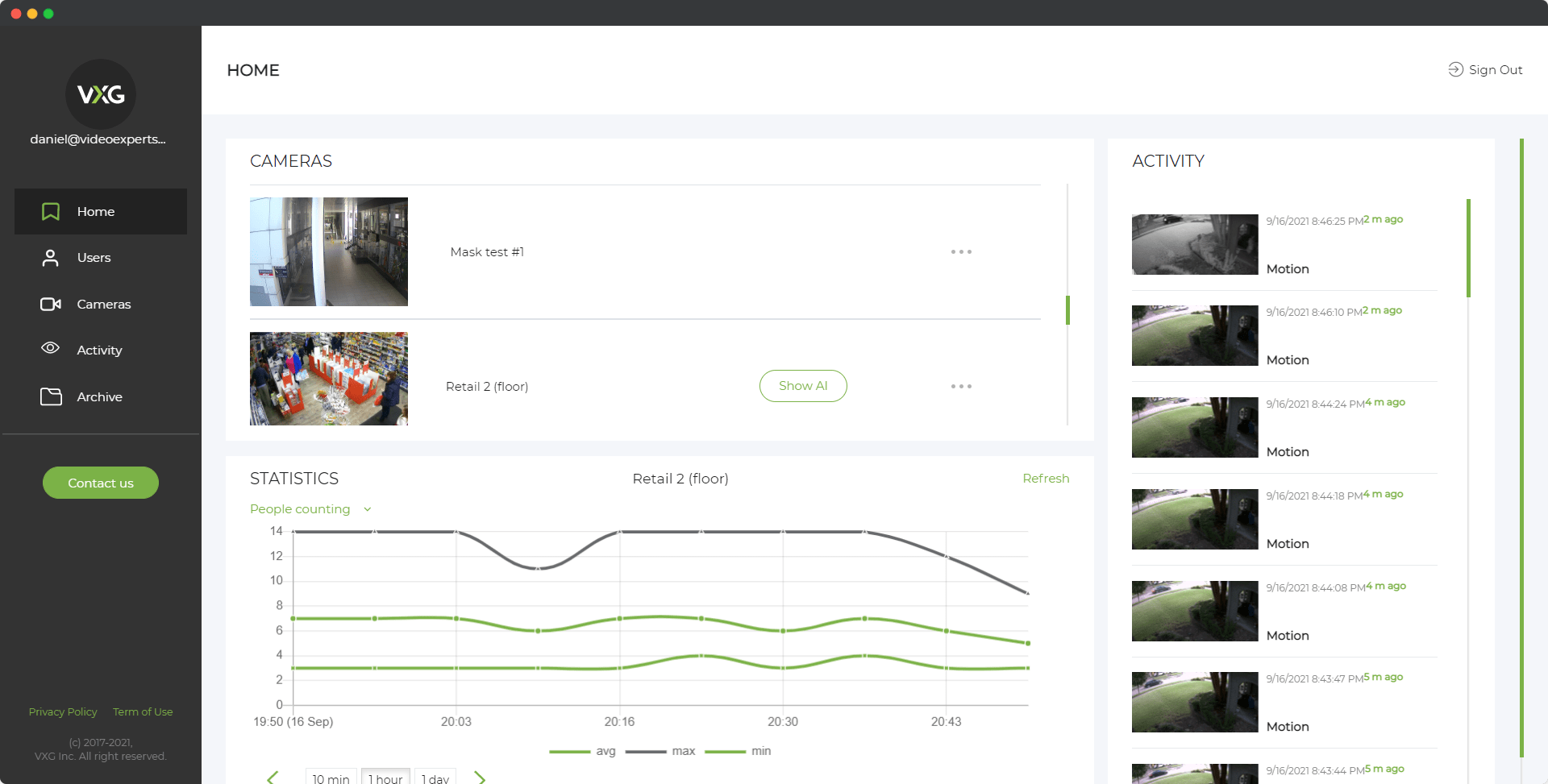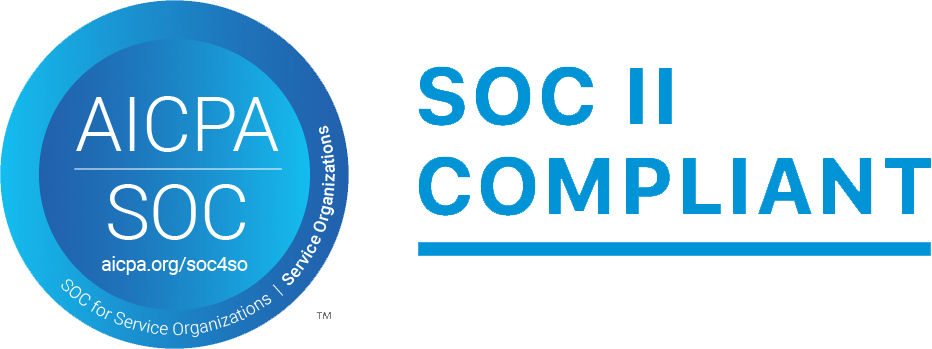As South Korea continues to advance in digital technology and public safety, the use of security cameras has become increasingly common in homes, businesses, and public areas. However, strict privacy laws also govern their installation and use. Understanding these regulations is essential for both individuals and organizations to ensure compliance with Korean law and to avoid legal consequences.
Is it legal to install a security camera in South Korea?
Yes, it is legal to install security cameras in South Korea. However, the installation must follow the country’s Personal Information Protection Act (PIPA), which emphasizes consent and purpose. You can install cameras for personal security or property protection, but they must not violate the privacy of others.
For example, homeowners can place cameras outside their homes or within private property, but not in areas that monitor neighbors’ properties or shared spaces without permission. Businesses can also use CCTV for security purposes, but they must inform employees and customers through visible signage.
Do you need permission to install a security camera?
In most cases, you don’t need government permission to install a security camera on your private property, but you do need to comply with disclosure and consent rules. If the camera is placed in a shared residential space like a hallway or building entrance, permission from the building management or residents’ association is typically required.
In commercial and public buildings, owners must clearly indicate the presence of surveillance with signs that include:
- Purpose of surveillance
- Operation time
- Managing party
- Contact information
If a camera records audio in addition to video, more stringent consent laws apply, and recording conversations without consent can be a criminal offense.
Where are security cameras prohibited?
South Korean law prohibits the installation of security cameras in places where individuals have a strong expectation of privacy. These include:
- Bathrooms and dressing rooms
- Hotel rooms and guest accommodations
- Medical examination rooms
- Inside private residences without permission
Violating this regulation can result in heavy fines or even imprisonment under South Korea's Act on Special Cases Concerning the Punishment, etc. of Sexual Crimes, which treats hidden camera offenses as serious crimes.
What are the rules for workplace surveillance in South Korea?
Employers are allowed to install CCTV in workplaces under specific conditions. The purpose must be clearly defined — usually for security or employee safety — and employees must be informed. Secret surveillance without informing workers is not permitted unless part of a criminal investigation and authorized by law enforcement.
Key rules include:
- Providing notice of surveillance with signs or policy documents
- Ensuring the monitoring area excludes private spaces (restrooms, lounges)
- Retaining footage only for the duration necessary, generally not exceeding 30 days
Employee consent is highly encouraged, and in unionized workplaces, consultation with the labor union may be required.
Are there laws for dash cams and body cams?
Yes. Dash cams in vehicles and body cams worn by security personnel or police officers are legal but regulated. While recording in public spaces is generally acceptable, publishing or sharing footage that identifies individuals without their consent can breach privacy laws.
For example, uploading dash cam footage to social media that includes identifiable license plates or faces can lead to legal action under PIPA.
In law enforcement, body cameras are used with rules about footage retention, access, and citizen privacy. Footage collected must not be shared for purposes outside of investigation or legal proceedings without proper authorization.
How long can CCTV footage be stored?
CCTV footage in South Korea should be stored for a limited period and not kept longer than necessary. The Personal Information Protection Act recommends a maximum storage period of 30 days unless longer retention is justified by legal, business, or security needs.
Organizations must implement safeguards to prevent unauthorized access to stored footage and should securely delete recordings after the retention period ends.
Can you record someone without their knowledge in South Korea?
In general, recording someone without their knowledge — especially in private settings — is illegal. Video recordings without consent in areas where individuals expect privacy are a violation of criminal law. Audio recording without the consent of at least one party involved in the conversation is also prohibited.
Unauthorized recordings can be punished under both the PIPA and the Criminal Act. Even in public settings, if the intent of the recording is malicious or the footage is misused, penalties may apply.
What are the penalties for illegal surveillance?
Penalties for illegal use of security cameras in South Korea are strict. Offenders may face:
- Fines up to 50 million KRW
- Imprisonment for up to 5 years
- Additional charges under sexual crime laws for hidden or voyeuristic recordings
The Korean government actively enforces these laws, particularly in cases involving secret filming in public restrooms, hotels, and changing areas, which have been major concerns in recent years.
FAQs
















